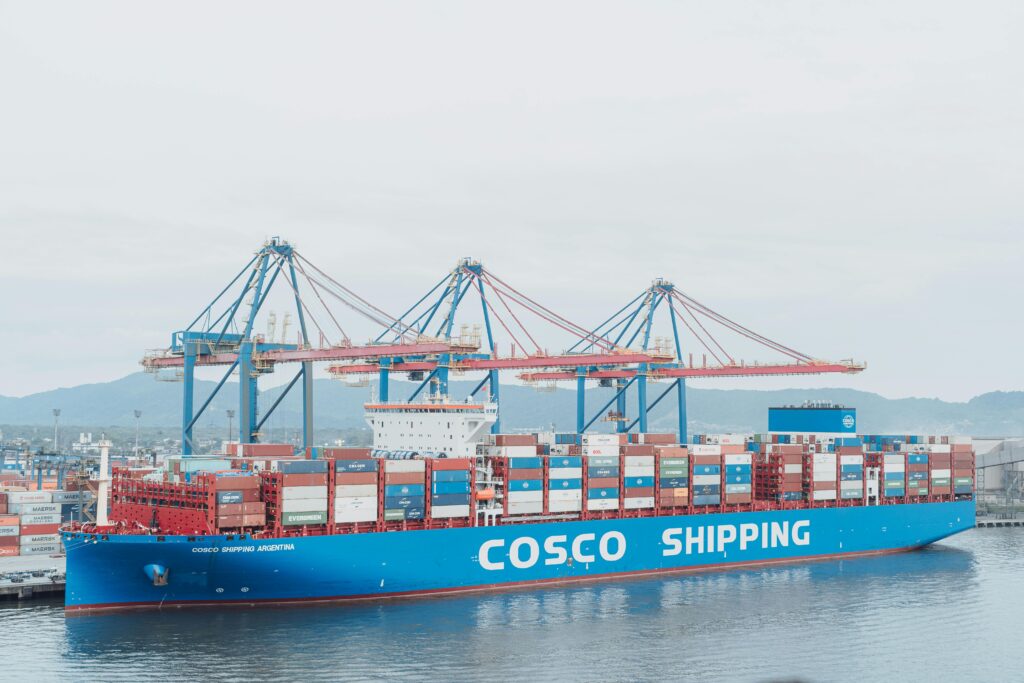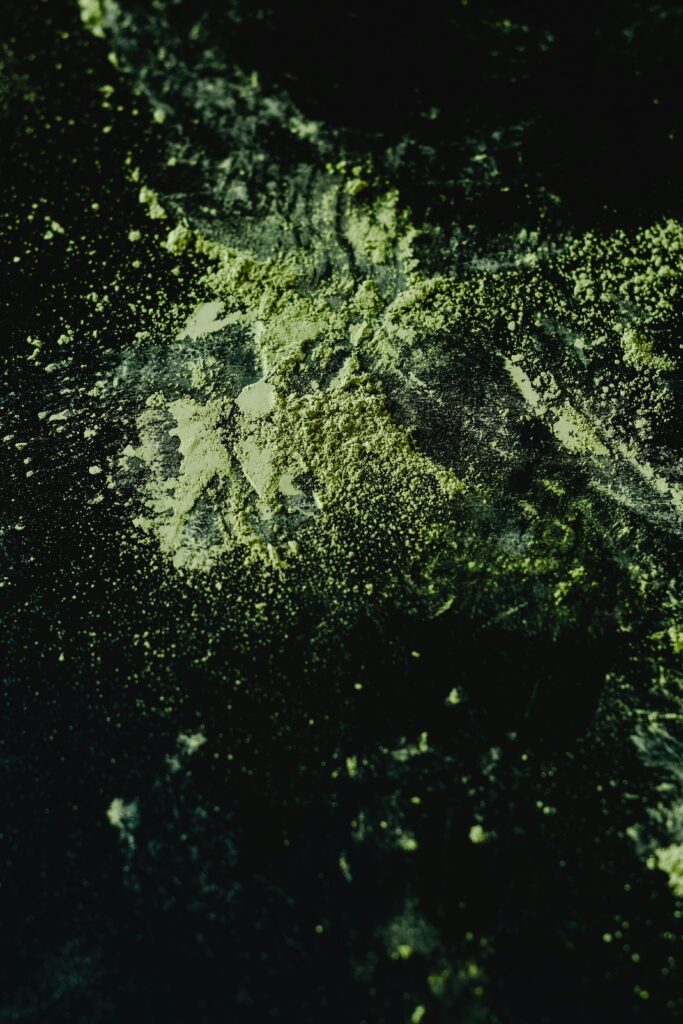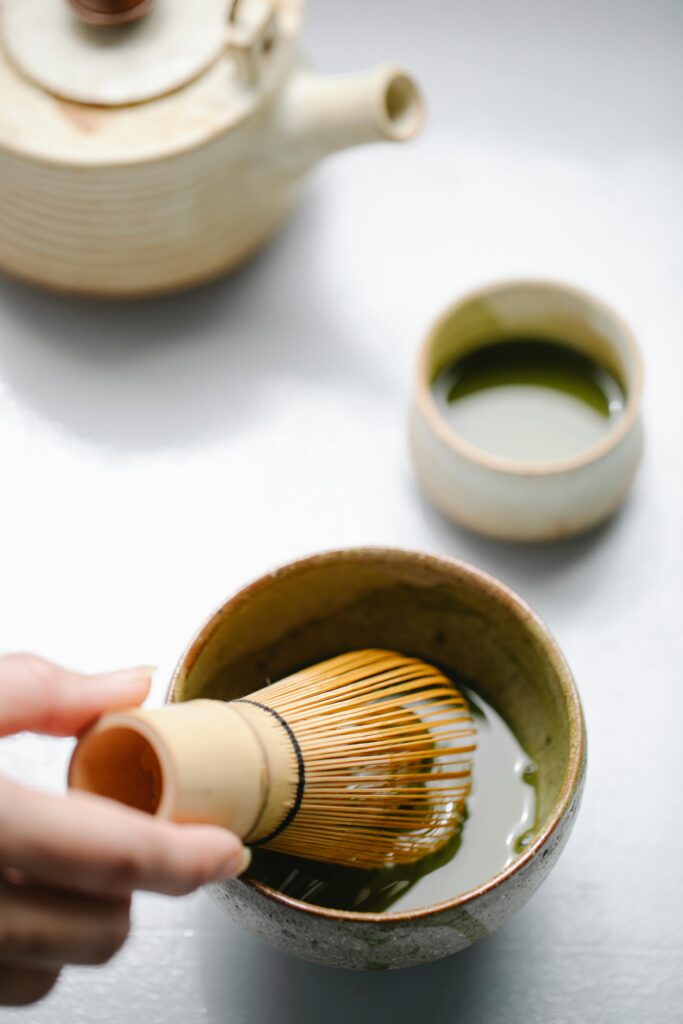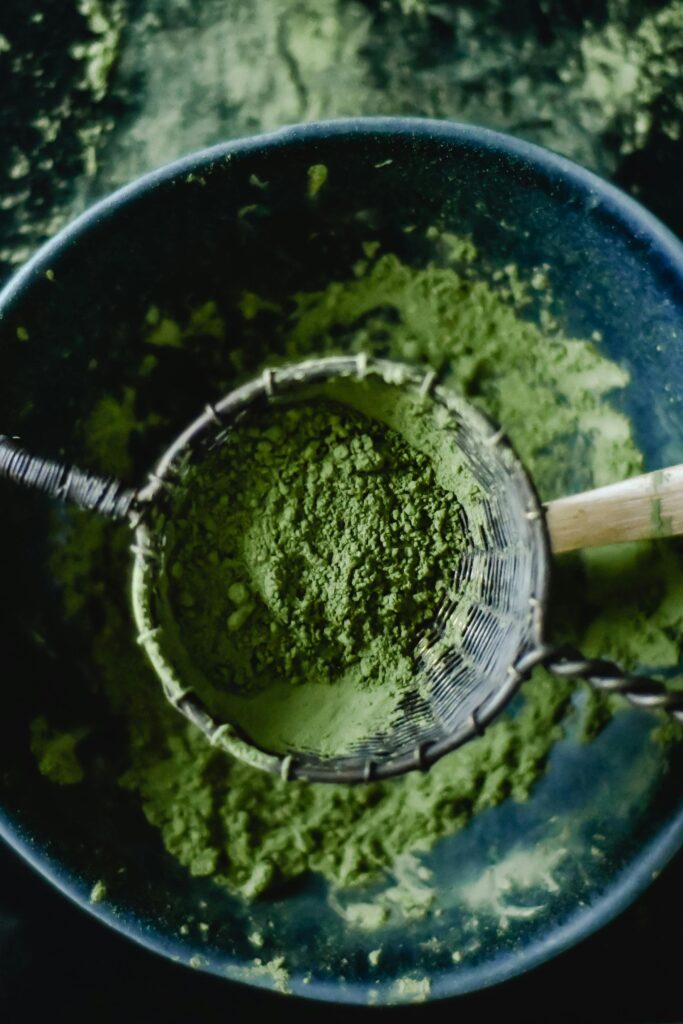Definition of fob-price in the matcha glossary

Defining FOB Price in Matcha Trade
FOB price stands for Free On Board price, a standardized international trade term that defines the point at which responsibility and costs transfer from seller to buyer. In matcha commerce, FOB pricing means the Japanese producer or exporter quotes a price covering everything up to loading the matcha onto the shipping vessel at the export port. From that moment, the buyer assumes all costs and risks for the ocean journey and delivery to their destination.
This pricing structure provides clarity in international matcha transactions. When you see a matcha listing with FOB pricing, you immediately understand what the seller covers and what additional expenses you’ll need to arrange. The term originates from the Incoterms system—internationally recognized trade rules published by the International Chamber of Commerce.
What FOB Price Includes
The FOB price encompasses several specific cost components that matcha sellers handle. Understanding these inclusions helps buyers evaluate true product costs and compare offers accurately.
- Matcha production costs including cultivation, harvesting, processing, and grinding
- Packaging materials and labor for export-ready containers
- Inland transportation from the production facility to the Japanese port
- Export customs clearance and documentation fees
- Loading charges to place goods aboard the vessel
What FOB Price Excludes
Buyers accepting FOB terms must arrange and pay for everything beyond the ship’s rail. These excluded costs can significantly impact your final landed cost, making them essential considerations when budgeting for matcha purchases.
Ocean freight represents the largest excluded expense, varying based on shipping routes, container types, and seasonal demand. Marine insurance protects your investment during transit but adds another cost layer. Import duties, customs clearance at your destination port, unloading fees, and inland delivery to your warehouse or facility complete the buyer’s responsibility list.
FOB Compared to Other Pricing Terms
Matcha traders use various pricing structures beyond FOB. Each term shifts the balance of responsibility and cost between buyer and seller, affecting your total investment and logistical involvement.
CIF Pricing Structure
CIF (Cost, Insurance, and Freight) extends the seller’s responsibility beyond the ship’s loading. Under CIF terms, the matcha supplier pays for ocean freight and marine insurance to your destination port. You only assume responsibility after the goods arrive, handling import clearance and inland delivery. CIF pricing appears higher than FOB from the same seller because it includes these additional services.
EXW Pricing Structure
EXW (Ex Works) places maximum responsibility on the buyer. The seller merely makes matcha available at their facility—you handle everything from pickup onward. This includes inland transport within Japan, export clearance, shipping, insurance, and all destination costs. EXW offers the lowest quoted price but demands the most logistical capability from buyers.
Why FOB Matters for Matcha Buyers
FOB pricing strikes a practical balance in the matcha supply chain. Sellers handle what they control best—production and export from their country—while buyers manage international shipping and import procedures in their home markets.
This arrangement provides cost transparency and negotiation flexibility. You can shop for competitive ocean freight rates, select insurance coverage matching your risk tolerance, and choose shipping timelines that balance cost against urgency. Different freight forwarders offer varying rates and services; FOB terms let you leverage these differences.
Budgeting with FOB Prices
When evaluating FOB matcha quotes, calculate your total landed cost before making purchase decisions. Add estimated ocean freight (typically $2,000-$5,000 per container depending on route), insurance (usually 0.5-1% of cargo value), import duties (varying by country), and domestic delivery costs.
- Request FOB quote from matcha supplier
- Obtain freight quotes from multiple shipping companies
- Calculate import duties based on your country’s tariff schedule
- Add insurance, customs brokerage, and inland delivery estimates
- Compare total landed costs across different suppliers
FOB Pricing for Matcha Sellers and Brands
Matcha producers and exporters benefit from FOB pricing through simplified logistics management. You focus on your core competencies—cultivating quality matcha and navigating Japanese export regulations—without managing international ocean freight contracts or insurance policies in multiple markets.
FOB terms also provide predictable cost structures for your quotes. Ocean freight rates fluctuate significantly based on global shipping conditions, fuel prices, and seasonal demand. By quoting FOB, you avoid the risk of freight cost increases between quote acceptance and actual shipment.
Setting Competitive FOB Prices
Calculate your FOB price by totaling production costs, packaging expenses, inland transport to your preferred export port (typically Yokohama, Tokyo, or Kobe), export documentation fees, and loading charges. Add your desired profit margin to reach your FOB quote. This pricing transparency helps buyers understand your value proposition while protecting your margins from shipping market volatility.
Practical Considerations in Matcha Commerce
FOB pricing works best for established buyers with shipping relationships and import experience. Small-scale buyers or those new to international trade might prefer CIF or DDP (Delivered Duty Paid) terms where sellers handle more logistics, even at higher prices.
Container quantities significantly impact FOB economics. A 20-foot container holds approximately 10,000-15,000 kg of packaged matcha depending on packaging density. Smaller orders may require LCL (Less than Container Load) shipping, which increases per-kilogram freight costs but remains feasible under FOB terms.
Risk Transfer Points
Understanding exactly when risk transfers matters for insurance purposes. Under FOB terms, risk passes when goods cross the ship’s rail at the loading port. If damage occurs during loading, the seller bears responsibility. Once aboard, the buyer assumes all risk. Document the cargo condition thoroughly at loading to establish clear responsibility boundaries.
Key Takeaways for the Matcha Community
FOB pricing provides a standardized framework for international matcha transactions, balancing responsibilities between sellers and buyers at the logical transfer point of the shipping vessel. For buyers, FOB terms offer cost transparency and shipping flexibility while requiring logistical capability. Sellers benefit from simplified operations and predictable pricing structures focused on their core production expertise.
Whether you’re a matcha brand sourcing from Japan, a vendor comparing supplier options, or simply understanding industry pricing, FOB terms represent the most common structure in wholesale matcha commerce. Calculate your complete landed costs beyond the FOB price, and choose pricing terms matching your logistical capabilities and business priorities.
Frequently asked questions
We’re here to help with all your questions and answers in one place. Can’t find what you’re looking for? Reach out to our support team directly.
What does FOB price mean when purchasing matcha from international suppliers?
FOB (Free On Board) price refers to the cost of matcha at the point when it’s loaded onto a shipping vessel at the exporter’s port. This pricing term includes all expenses the seller incurs to get the matcha to the ship, including production, packaging, inland transport to the port, export customs clearance, and loading charges. Once the matcha is on board, the buyer assumes all responsibility for ocean freight, insurance, unloading, import duties, and final delivery costs.
How does FOB pricing differ from CIF pricing in matcha trade?
The key differences between these pricing terms determine who pays for what:
- FOB (Free On Board): Seller covers costs only until matcha is loaded on the ship; buyer pays freight, insurance, and all costs from that point forward
- CIF (Cost, Insurance, Freight): Seller pays for ocean freight and insurance to the destination port, giving buyer fewer logistical responsibilities
- Risk transfer: FOB transfers risk when goods are loaded; CIF seller maintains responsibility during ocean transit
FOB typically offers lower quoted prices but requires buyers to arrange their own shipping and insurance.
Why would a matcha business prefer FOB pricing over other terms?
FOB pricing offers significant advantages for experienced importers. Buyers gain complete control over shipping arrangements, allowing them to negotiate better freight rates with their preferred carriers and choose insurance coverage that meets their specific needs. This transparency helps businesses accurately calculate total landed costs and compare prices from different suppliers on equal footing. Additionally, FOB pricing often results in lower quoted prices from suppliers, making it attractive for companies with established logistics networks and import experience.
Does FOB price for matcha include export documentation and customs clearance?
Yes, FOB price includes export-side documentation and customs clearance. The seller handles all paperwork required to legally export the matcha from their country, including phytosanitary certificates, certificates of origin, and export declarations. However, import customs clearance at the destination country is the buyer’s responsibility and not included in FOB price. Buyers must arrange and pay for customs brokers, import duties, taxes, and any required inspections or certifications in their own country.
Can you explain a practical example of FOB pricing for a matcha purchase?
Here’s how FOB pricing works in a typical transaction:
- A Japanese matcha producer quotes FOB Yokohama at $12 per kilogram for 500kg of ceremonial grade matcha
- The $12/kg covers production, packaging, transport to Yokohama port, export clearance, and loading onto the vessel
- The buyer (a US retailer) separately pays approximately $2/kg for ocean freight, $0.50/kg for insurance, and $1.50/kg for US customs, duties, and inland transport
- The total landed cost becomes roughly $16/kg, but the buyer controls shipping timing and carrier selection
This separation allows buyers to optimize their logistics costs and manage inventory timing effectively.
Which costs are specifically excluded from FOB price when importing matcha?
FOB price excludes all costs and risks after the matcha is loaded onto the ship. Buyers must budget separately for ocean freight charges, marine insurance during transit, unloading fees at the destination port, import customs duties and taxes, customs broker fees, port handling charges, and inland transportation to the final warehouse or facility. For temperature-controlled matcha shipments, buyers also cover refrigerated container fees and any storage costs at destination ports, which can significantly impact the total landed cost beyond the FOB price.
Discussion: Definition of fob-price in the matcha glossary







